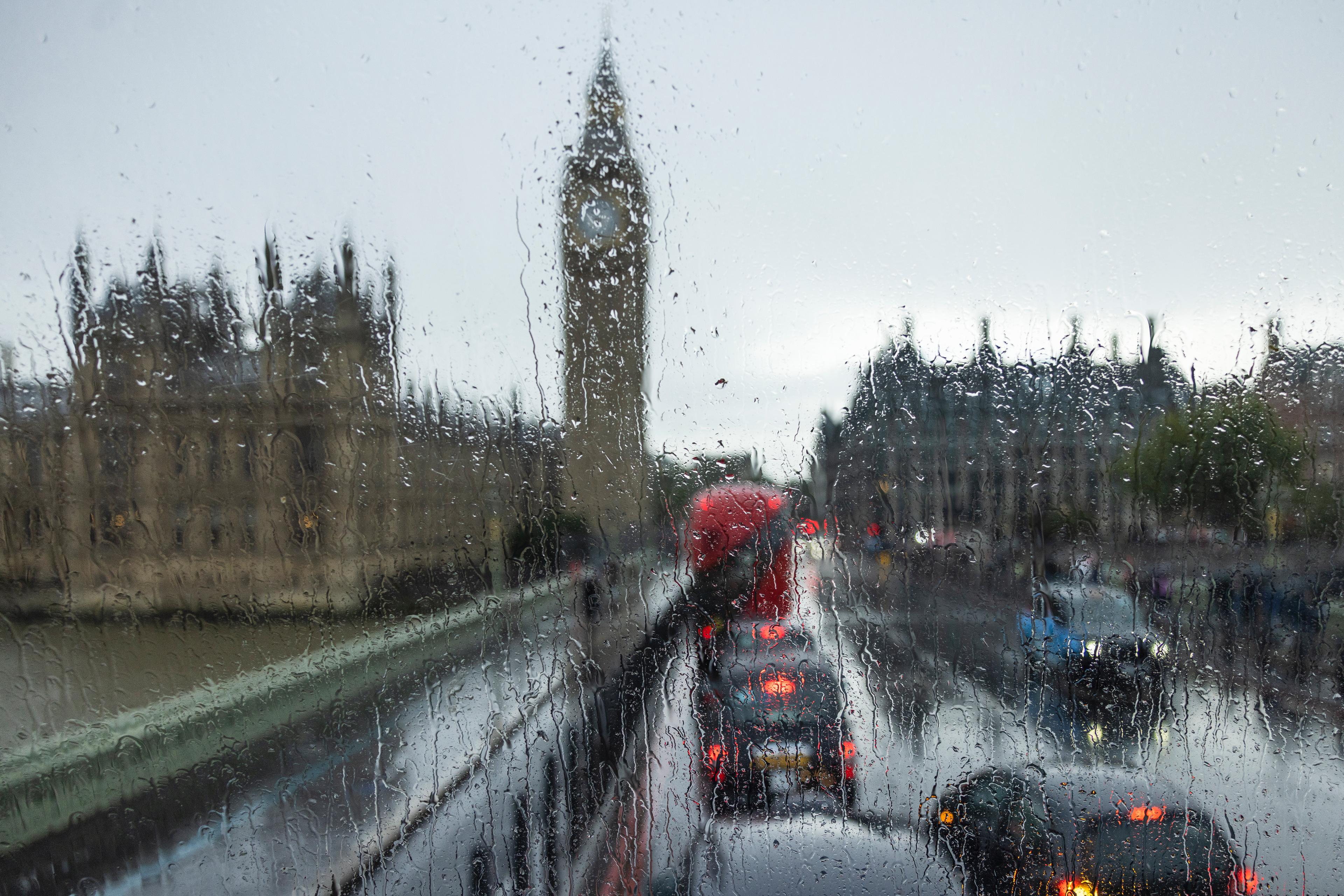
Hours before the death of Queen Elizabeth II, Derek talked to Duncan Weldon, the Britain economics correspondent at The Economist, about the U.K.’s political and economic challenge. Russia’s invasion of Ukraine has sent energy prices soaring across Europe, but few countries have it worse than the U.K., where inflation skyrocketed past 10 percent and the Bank of England projects a deep and lasting recession. This comes after a 15-year period of utter economic stagnation, Brexit, and the clown show of Boris Johnson. How did the U.K., the birthplace of modern capitalism and the Industrial Revolution, become such an economic and political disaster? And will the queen’s death affect the nation’s trajectory?
If you have questions, observations, or ideas for future episodes, email us at PlainEnglish@Spotify.com. You can find us on TikTok.
Duncan Weldon analyzes the current state of the U.K.’s economy and explains why the war in Ukraine has affected energy prices in Europe.
Derek Thompson: So the mystery that I want to answer in the next 40 minutes or so I think is best represented by a statistic. In 2007, the U.K. was richer than the U.S. Its GDP per capita was roughly $50,000. Now, 15 years later, by this statistic, the U.K. has not just stagnated, it is poorer by one-fifth than it was 15 years ago. Its GDP per capita is closer to $40,000. Things are almost certainly going to get worse before they get better. This is stunning and confusing to me because the U.K. to me represents the birthplace of modern capitalism, the special relationship, the birthplace of the industrial revolution.
This is supposed to be a major world power, and yet if you take away London, statistically the U.K. is roughly as rich as Romania. I have no idea how this happened. So I think what we should do here is sort of twofold. I’d love you to tell me what is happening in the U.K. right now, and then I want to go back, back, back, back as far as you’d like, and I want you to tell me how you think we got here. So does that sound like an appropriately ambitious, yet barely possible, plan?
Duncan Weldon: It sounds appropriately ambitious.
Thompson: OK great. So first off, in your own words, what is the state of the U.K. economy at the moment?
Weldon: So let’s look at right now. The British economy today, we’ve got inflation in double digits, just over 10 percent. That’s the highest inflation since 1982, about 40 years ago. So the highest inflation in four decades. At the same time, wage growth is running at about 5.5, 6 percent. So people are seeing their real incomes fall. If you look at the most recent forecast from the Bank of England, that’s our central bank, real household disposable income—that’s the income of households after you account for price rises, after you account for changes in taxes and benefits—is going to fall this year. It’s going to fall next year.
If you put the two together, it’s the deepest two-year fall since modern records began in the early 1950s. So for households, it’s fairly grim. So we got the big inflation. We’ve got a big hit to household incomes. The most recent forecast from both the government, the Bank of England, the consensus of private-sector forecasters is the economy is slipping into recession. That’s expected to last for most of next year, 2023. So the immediate outlook is, to be honest, pretty grim.
Thompson: I think that in order to get our hands around the British economic crisis, we have to understand Europe’s energy markets. So connect the dots for me. How did a war in Ukraine become a uniquely disastrous energy crisis for Europe and in particular the U.K.?
Weldon: Yeah, so if we look at what happened in 2021 globally, as the world reopened from the pandemic, as economies reopened, demand for energy increased much faster than the supply of energy. So by the end of 2021 going into 2022, we were already seeing really high energy prices, not just in Europe but globally, including in the U.S. But then the war in Ukraine happens in February.
Now, Britain is in a slightly different position to the rest of Europe, in that Britain is actually not that dependent on Russian gas. Germany is very dependent. Much of Europe is dependent. Britain is not dependent, but Britain is part of a European gas market. So it’s sort of essentially irrelevant whether or not you’re actually using Russian gas. If the supply of gas going into Europe dries up, then the price of gas rises and that’s hit Britain as well.
So we’ve seen sort of a magnitude of energy price rise in Britain and across Europe in the last few months, which we’ve not really experienced since the oil shock in 1973, but in many ways worse. So we are looking at, for a household in Britain, heating and using electricity in the house, the typical bill has risen from under £1,000 a year, that’s about $1,200 a year ago, to about £2,000 now. So it’s already doubled.
Before the government introduced changes in the last few hours really, we were expecting prices to rise to £3,500 this winter and something over £5,000 next winter. That’s just for households. If you look at businesses, they’re often on a six-, 12-, 18-month fixed-term deal for their energy costs. Businesses who are coming off those fixed-term deals now are seeing their energy bills rise by four or even five times, just a colossal hit to incomes and to business cost base, which has been really driving this inflation, driving this economic downturn.
This excerpt was edited for clarity.
Host: Derek Thompson
Guest: Duncan Weldon
Producer: Devon Manze
Subscribe: Spotify

